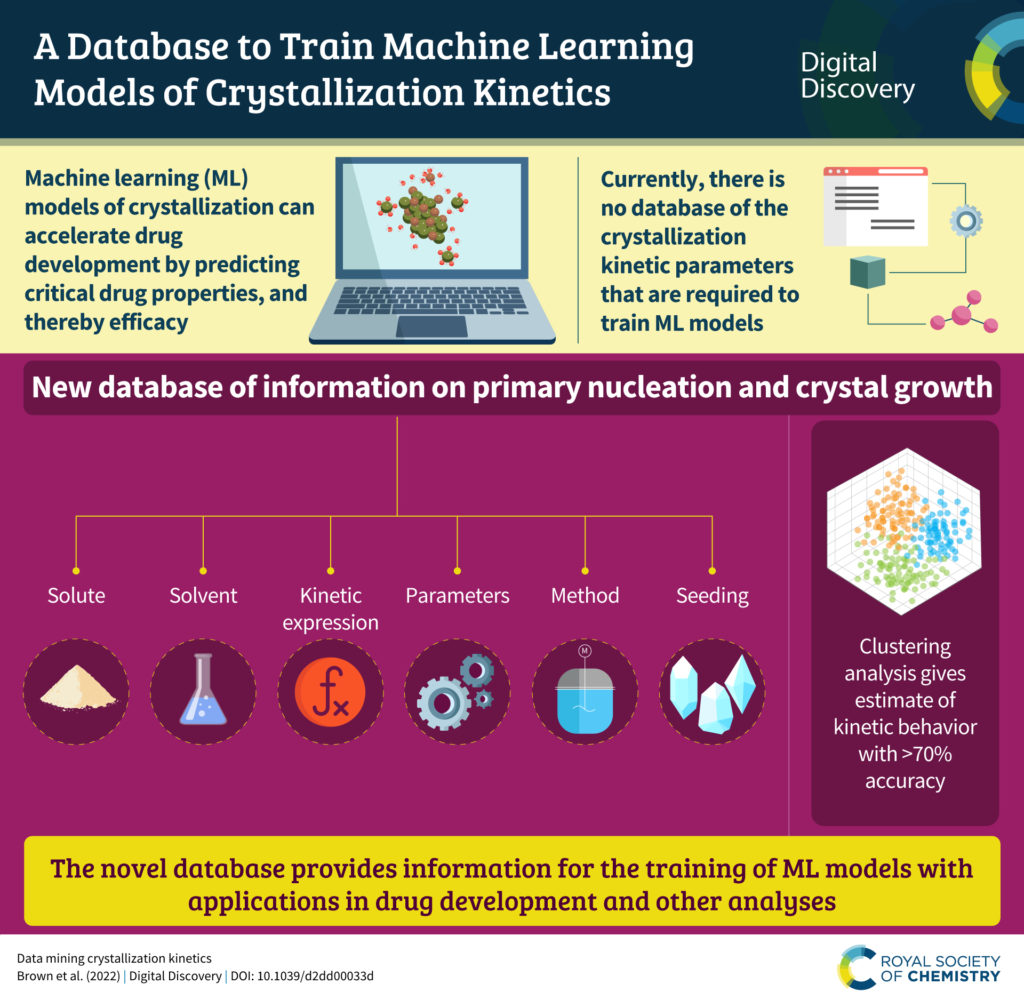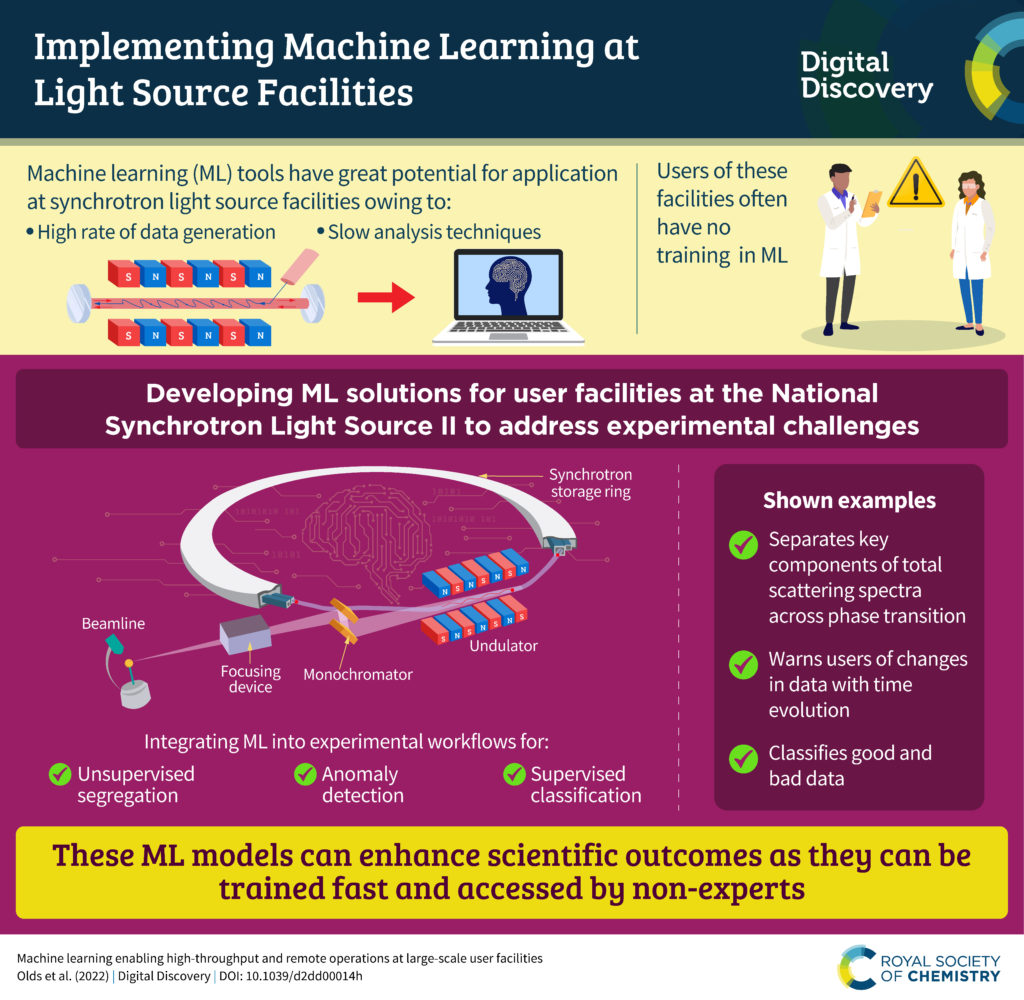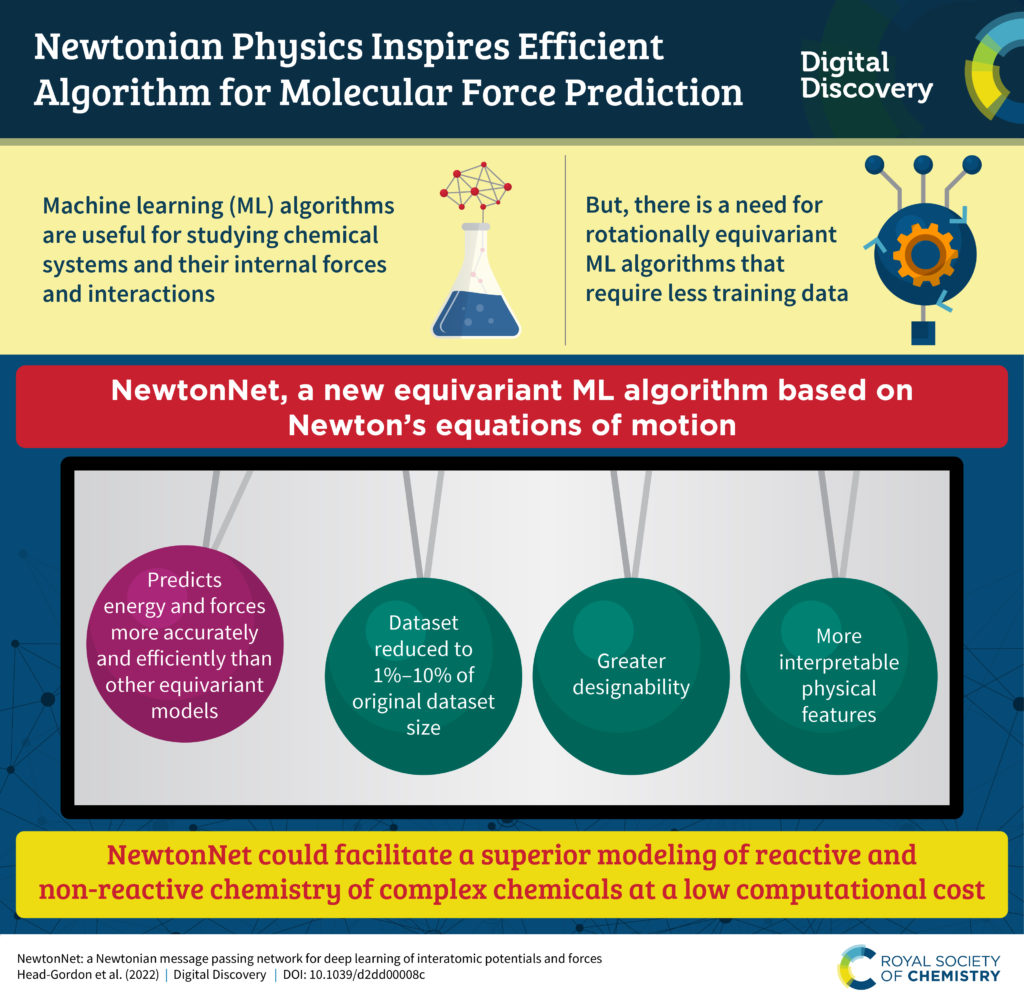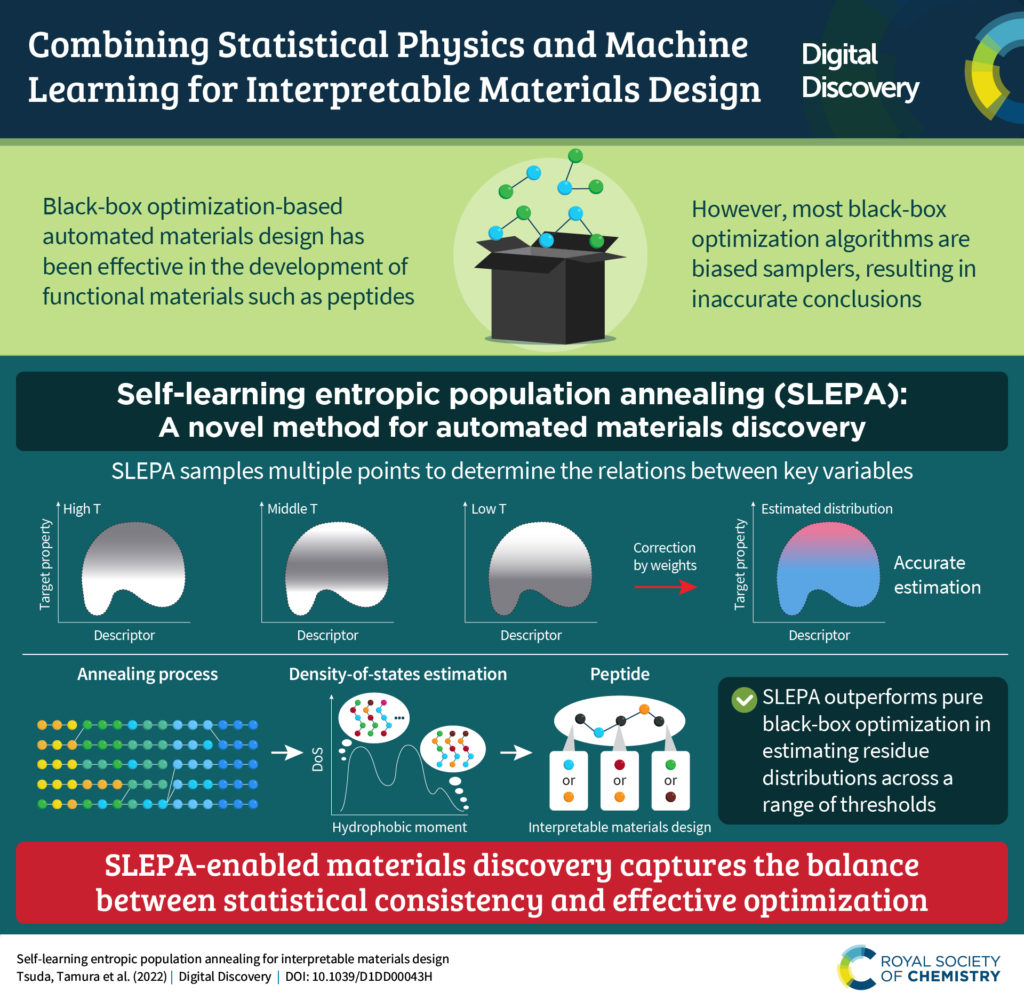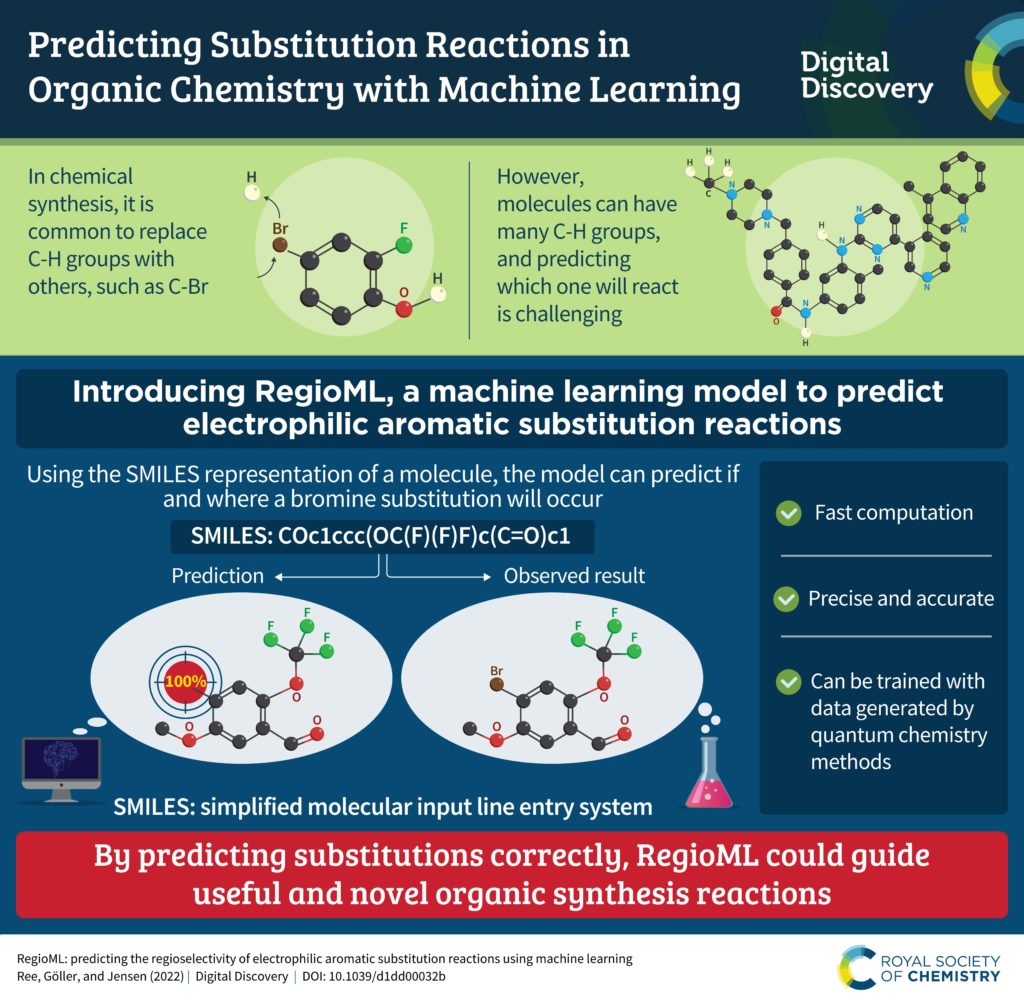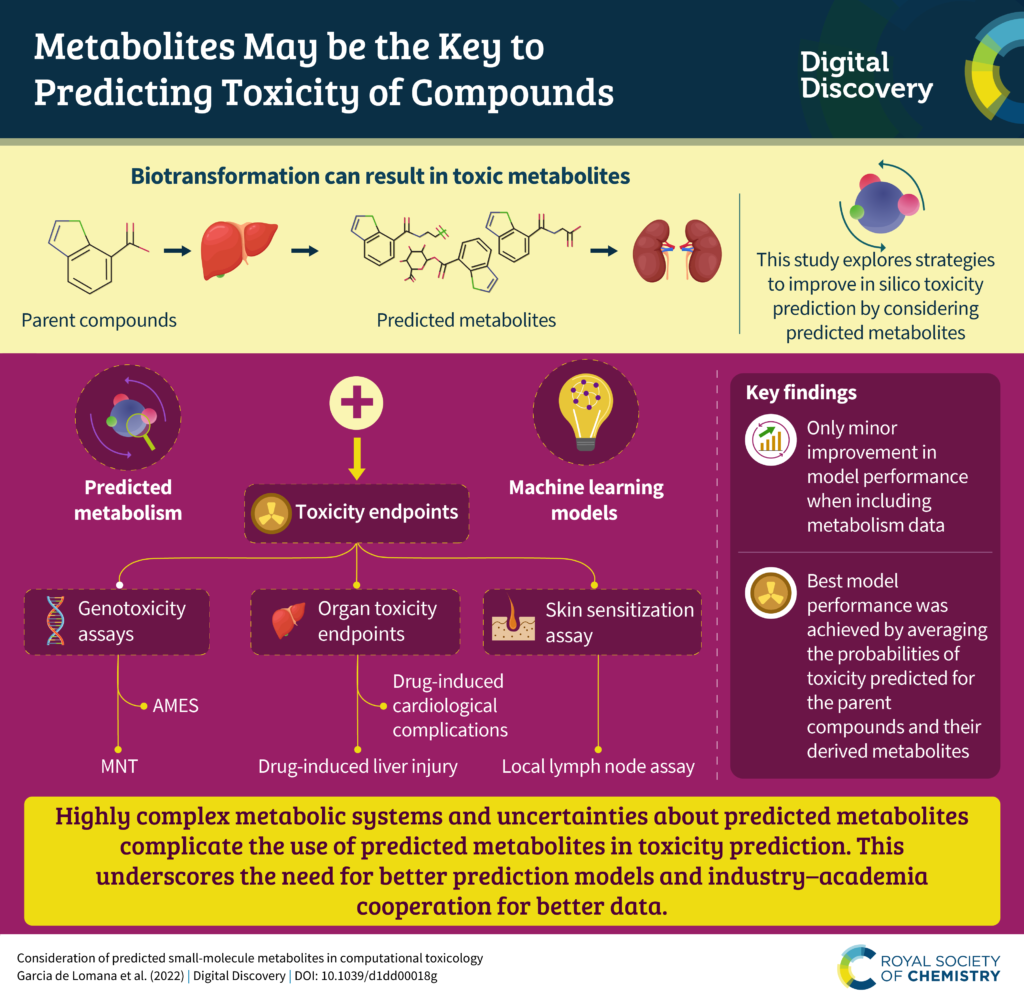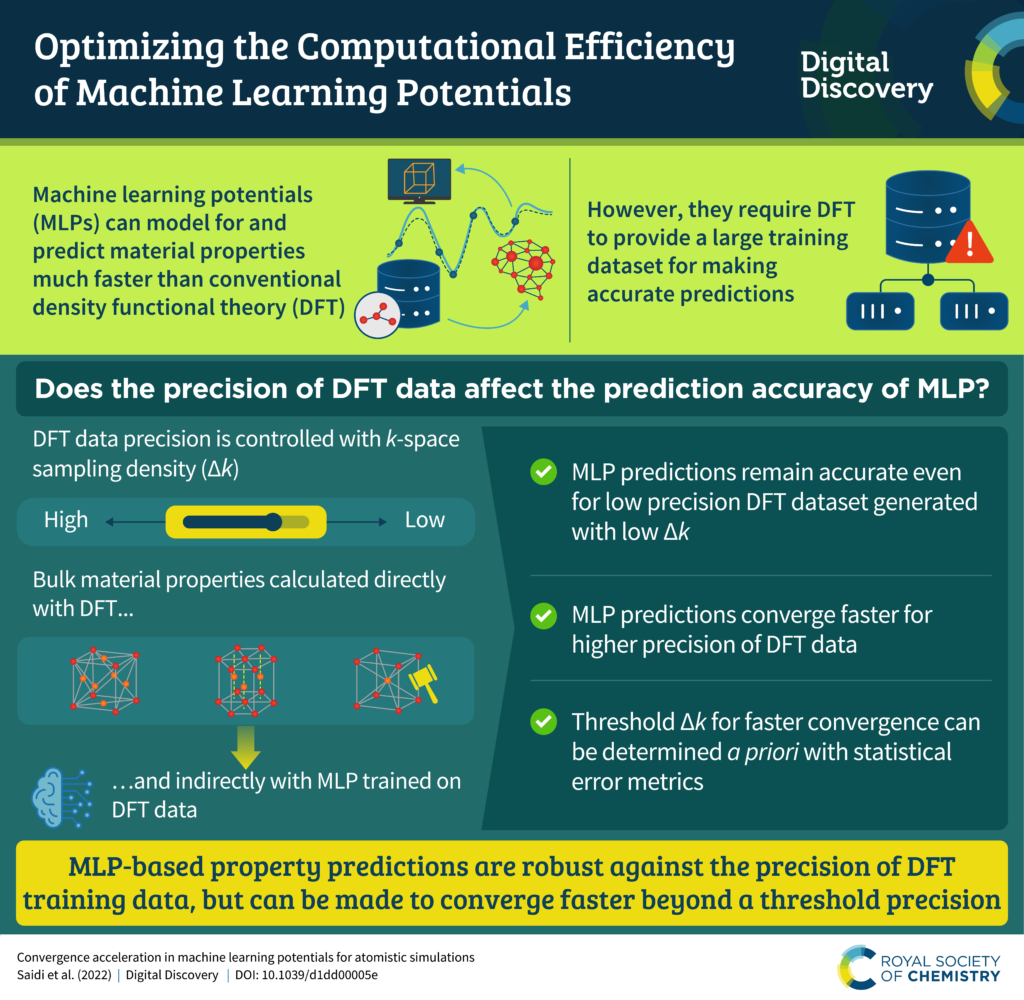We’re pleased to share a new research infographic describing Plot2Spectra, a tool for digitising published spectroscopy data, by Jiang, Chan et al. in issue 5:
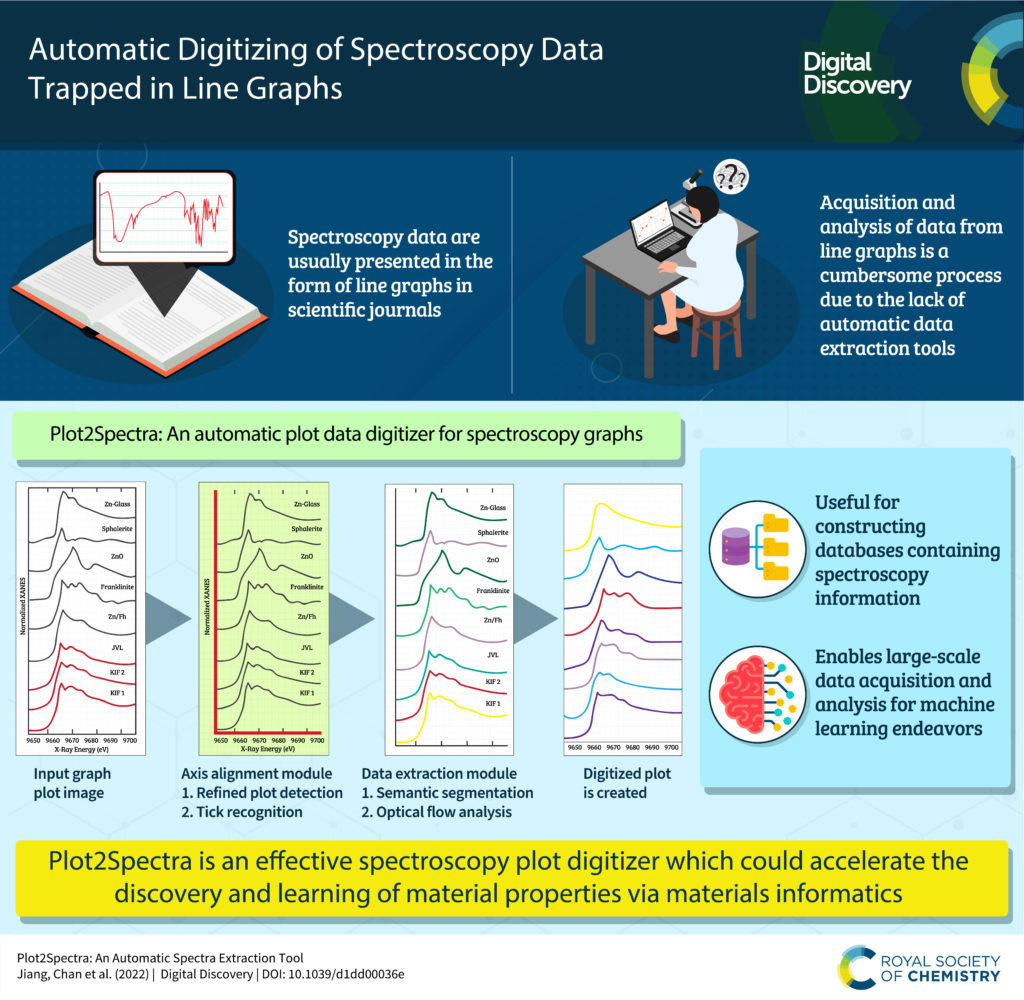
Read the full open access article here:
Plot2Spectra: an automatic spectra extraction tool
Weixin Jiang, Kai Li, Trevor Spreadbury, Eric Schwenker, Oliver Cossairt and Maria K. Y. Chan, Digital Discovery, 2022, 1, 719–731. DOI: 10.1039/D1DD00036E


